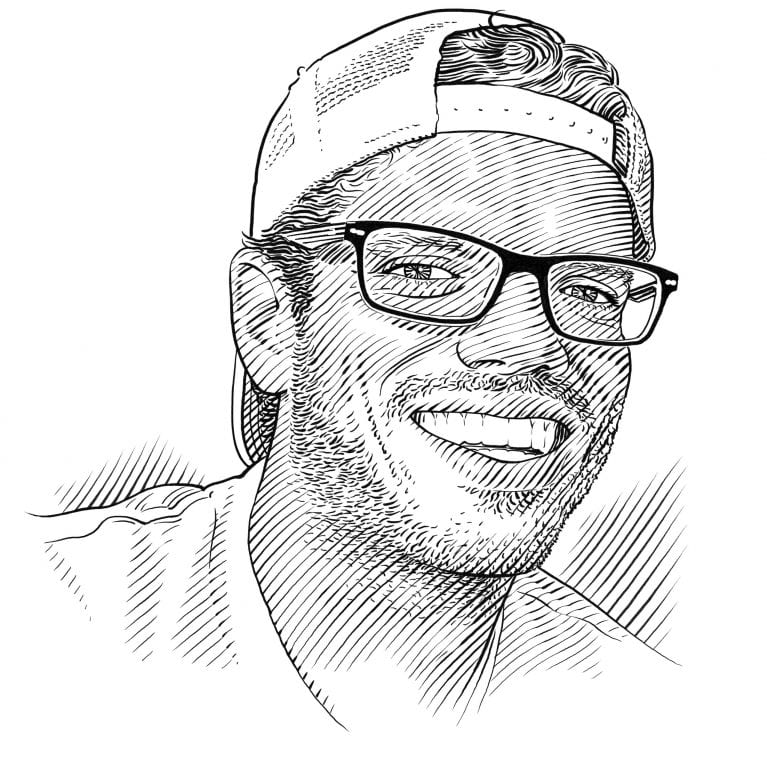Brendan Talwar

Who I am
As a kid, if I went out to walk by the water I’d eventually end up in it. Creeks and rivers in Kentucky gave way to tide pools along the rocky coast of south-eastern Maine and eventually the sea-grass beds and fishing piers of Pensacola Beach, Florida. Before I could reach the pedals to adjust our kayak’s rudder, my mom would push me off the beach into Santa Rosa Sound and tell me to bring back dinner. I’d paddle our sit-on-top a mile or two down the coast to jerk crystal minnows across blades of turtle grass and eventually make it home with speckled trout between my feet. Once the ocean had become my second home and I had come to understand the challenges facing the marine life that I had grown to love, my career was all but guaranteed.
Where I work
I work at the Cape Eleuthera Institute, the research branch of the Cape Eleuthera Island School, in Eleuthera, The Bahamas, while pursuing a PhD at Florida International University in Miami. Eleuthera is referred to as a ‘family island’, which basically means that it is a quiet, friendly and safe place to live. The pace of life here is slow – until you set foot on our campus, where our team works non-stop to involve students from all over the world in ongoing research, engineering and sustainability initiatives. For me, that looks like two boats loaded up with 15 to 30 students reaching our offshore fish aggregation devices before breakfast. By dinnertime we would have conducted visual surveys targeting the deepest diving whales in the world, deployed cameras and long-lines to survey the offshore fish community and maybe sampled a pelagic shark or two. Clumps of golden sargassum would then come home with us to be sorted the next morning. Our goal is to create an army of conservation-minded young people with real-world research experience, seasonal cohorts of well-trained early-career researchers and management-relevant scientific publications. Exuma Sound is our backyard and we couldn’t ask for a better research laboratory: shallow, carbon-rich mangrove forests line the coast, coral reefs dot the shallows, and the shelf drops off to a depth of hundreds of metres within minutes of our dock.
What I do
My PhD research focuses on the ecology of silky sharks. These open ocean predators have experienced significant population declines in the Atlantic Ocean and are in need of careful management to rebuild their populations. In order to do that, fisheries managers require more information about where the sharks spend their time, what they eat and how they behave at different stages in their life. Currently, although they have been studied in the Pacific and Indian oceans, silky sharks remain a relative mystery on this side of the world.
Our specific goal is to collect information that can help reduce silky shark by-catch and inform ecosystem-based fisheries management plans. First, to understand where these animals are going both vertically and horizontally (that is, to document depth use, migratory behaviour and high-use areas), we will deploy more than 25 satellite tags on silky sharks across all life stages in the western central Atlantic, Gulf of Mexico and Caribbean. Second, to document the role of silky sharks in pelagic food webs and determine which habitats they rely on most, we will collect biological samples for stable isotope analysis and analyse gut content data. Providing these data to fisheries management agencies in The Bahamas, United States and even on the high seas (like the International Commission for the Conservation of Atlantic Tunas) can support the management of silky sharks and hopefully contribute to their recovery.
